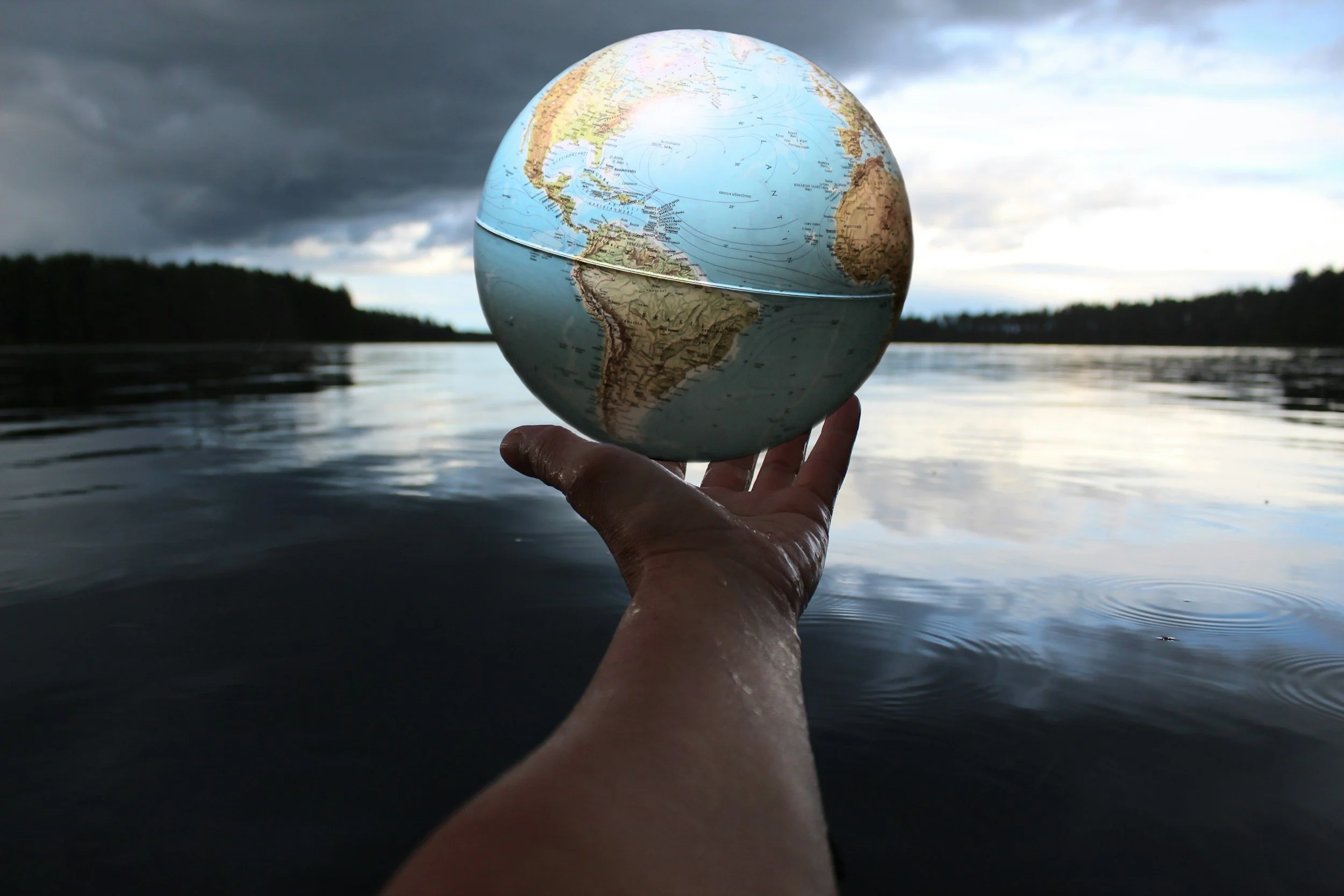By: Anit Mukherjee and Caroline Arkalji
The international economy and geopolitical architecture are undergoing tremendous shifts. One development involves the countries and regions of the Global South demanding a greater voice. The G20 – a group whose members include the world’s leading economies – presented an opportunity for the Global South to define its priorities of sustainable development, food security, digital transformation, and climate resilience, having been led consecutively by Indonesia (2022), India (2023), Brazil (2024), and currently South Africa (2025).
In a new paper, we analyze how Indonesia, India, Brazil and South Africa coordinated across their presidencies to ensure policy continuity within the G20 institutional mechanisms and processes. Achieving such continuity was not easy. In the absence of a permanent secretariat, the G20 established the troika mechanism, which brings together the current, immediate past, and upcoming host countries to ensure greater coordination and continuity. In addition, various engagement groups such as Business 20 (B20), Civil 20 (C20), and Think 20 (T20), brought together business leaders, civil society, think tanks, and legal experts to provide inputs into the recommendations of the working groups, and ultimately find mention in the Leaders’ Declarations.
Our analysis shows that the consecutive Global South presidencies strategically leveraged the troika and working groups as instruments for policy coordination, putting in place new initiatives to address food security, digitalization, and climate resilience. Indonesia emphasized the need for scaled up climate finance. India's leadership on digital public infrastructure (DPI) showcased how technology can bridge development gaps rapidly and at scale. The Global Biofuels Alliance promoted the development and adoption of biofuels as a means of accelerating the energy transition. The Global Alliance against Hunger and Poverty was set up to create a coalition to tackle food security and reduce inequalities exacerbated by the global pandemic, geopolitical uncertainties, and adverse impact of climate change. The consecutive presidencies, therefore, built momentum towards greater coordination and collaboration to address these pressing challenges facing the Global South that goes beyond the confines of the G20 and its institutional processes.
Preserving this momentum requires a three-part strategy: ensuring continuity of the coalitions established within the G20, expanding informal South–South alignments, and deepening bilateral partnerships. Together, these approaches help anchor the Global South's development agenda in global governance, independent of the countries leading the forum. Strengthening informal coalitions among the Global South will be vital for sustaining influence beyond the G20’s rotating presidency. Expanding partnerships to include countries such as Mexico and the African Union would strengthen this collective voice, allowing it to push for reforms and shape global norms regardless of who holds the presidency.
Finally, over the course of the last four years, bilateral relations among the Global South have also deepened. Trade between India and Indonesia now exceeds that between India and Japan, signaling stronger South-South economic integration. India–Brazil trade increased by 24% in the first five months of 2025 compared to the previous year. Following Prime Minister Narendra Modi's visit to Brasília, both governments emphasized cooperation in pharmaceuticals, defense, mining, and energy. A new memorandum of understanding underscored joint ambitions in fintech, AI and applications of DPI, illustrating effective South-South knowledge exchange in the technologies of the future.
Together, these developments reveal a dynamic pattern of Global South cooperation that encompasses both multilateral and bilateral engagement. The consecutive presidencies of Indonesia, India, Brazil, and South Africa within the G20 marks more than a milestone. It offers a blueprint for how the Global South can continue shaping global governance at a time of geopolitical uncertainty and a rapid rebalancing of the globalization process itself.
Anit Mukherjee is Senior Fellow for the Global Economics & Development program at ORF America and Caroline Arkalji is a Research Assistant for the Global Economics and Development and Energy and Climate Policy programs at ORF America.

